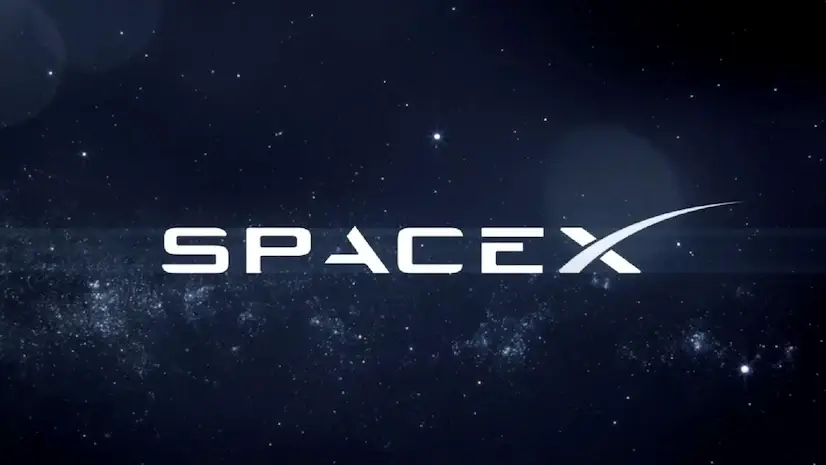SpaceX continues to expand its Starlink constellation with a recent launch of 24 additional satellites. This mission, part of SpaceX's ongoing effort to enhance global internet coverage and capacity, highlights the company's dedication to providing high-speed, low-latency internet access to underserved areas around the world.
The launch, which occurred on July 26, 2025, from Vandenberg Space Force Base in California, deployed the satellites into a polar orbit. This specific trajectory is intended to bolster internet service in the world's polar regions, addressing a critical need for connectivity in these remote areas. The Falcon 9 rocket lifted off at 9:31 p.m. PDT, with the first stage booster B1075 making its 19th trip to space and back. Approximately 8.5 minutes after liftoff, the booster successfully landed on the droneship "Of Course I Still Love You," stationed in the Pacific Ocean. This marked the 142nd landing for the vessel and the 481st booster landing to date for SpaceX.
This launch was the second of two Starlink missions conducted by SpaceX within a 24-hour period. Earlier that same day, another Falcon 9 rocket launched 28 Starlink satellites from Cape Canaveral Space Force Station in Florida. These dual launches have increased the total number of active Starlink satellites in orbit to over 8,000. According to satellite tracker Jonathan McDowell, the current number of active Starlink satellites is 8,032. SpaceX is licensed to deploy 12,000 satellites. As of June 26, 2025, there were 7,875 Starlink satellites in orbit, with 7,855 operational.
Starlink's mission is to provide low-cost internet to remote locations. The service works by beaming data signals between thousands of low-earth-orbit (LEO) satellites and ground stations. Starlink currently provides coverage to around 130 countries and territories. It has over 5 million active customers. The company's website features an interactive map detailing Starlink's availability, waitlist areas, and areas "coming soon".
SpaceX is continuously updating Starlink satellites with the newest technology. Each satellite is equipped with custom-built navigation sensors to determine its location, altitude, and orientation. They also contain optical space lasers operating at up to 200 Gbps.
The Starlink project has faced some challenges. Astronomers have expressed concerns about the brightness of the satellites interfering with astronomical observations. Spaceflight safety experts are worried about the increased risk of collisions in Earth's orbit. There have also been concerns about the amount of metal burning up in the atmosphere as old satellites are deorbited. In July 2025, Starlink users experienced a rare full network outage. SpaceX founder Elon Musk apologized for the disruption and pledged to prevent future occurrences.
Despite these challenges, Starlink has demonstrated its benefits in various situations. It has been a vital communication infrastructure in Ukraine during the Russian invasion and has provided support during natural disasters in Tonga. The service is also being used to expand cellular service, with T-Mobile US partnering with SpaceX to provide dead-zone cell phone coverage across the US. Rogers Communications in Canada and One NZ in New Zealand have also signed agreements with SpaceX to use Starlink for satellite-to-phone services.
SpaceX envisions a future where humanity is exploring the stars. The company believes that Starlink's revenue will be necessary to fund their Mars plans. SpaceX is also developing Starship, a fully reusable transportation system designed to carry crew and cargo to Earth orbit, the Moon, Mars, and beyond.

















